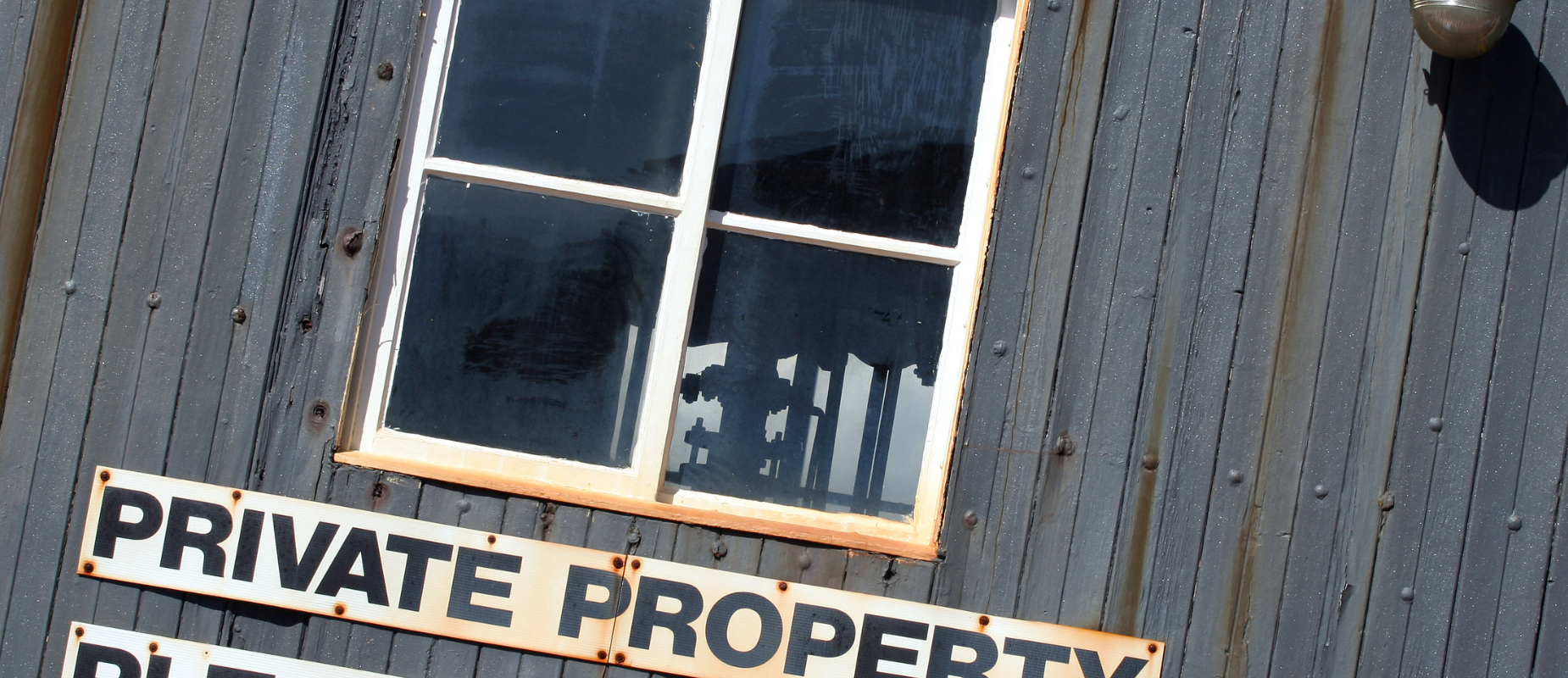
Understanding Squatter’s Rights In Illinois
Study property laws and the complexities of squatter rights to understand Illinois squatter rights. An Illinois squatter illegally inhabits an abandoned, foreclosed, or empty structure or land. This may seem simple, but legal terminology for squatters’ rights is complicated. Illinois law recognizes squatters’ rights under certain conditions, which helps explain these rights. This means that if a squatter can establish certain conditions over time, they may win adverse possession rights to the occupied property.
Adverse possession can offer squatters legal title if they meet the criteria over 20 years, making it important to understand squatter rights. To claim adverse possession, squatters must occupy the property openly, constantly, and exclusively without intervention from the rightful owner. These qualifications may give a squatter the same rights as the property’s legitimate owner. So, understanding squatter’s rights is crucial for property owners who want to keep their land and squatters who want to claim it.
Despite the legal nomenclature, property owners often meet squatters’ rights when a squatter pays property taxes or makes improvements. These measures may assist a squatter in establishing these rights over time, especially if the property owner is oblivious or uninterested. Therefore, property owners should be aware of squatters’ rights and adverse occupation. This vigilance will prepare them for property rights issues.
Understanding squatter’s rights can assist people and authorities in distinguishing between occupation and trespassing. Adverse possession of squatters’ rights may properly cause property ownership disputes. Understanding Illinois’ occupancy rules and squatters’ rights is essential for property owners who want to protect their rights and deter unauthorized takeover. Understanding these legal complexities will help property owners protect their property and identify when squatters may have legal grounds to claim ownership.
Can Police Intervene In Squatter Situations?
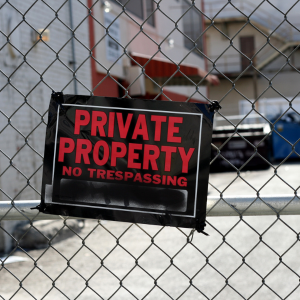
In some Illinois squatter cases, police can intervene, but the method and degree vary. Remember that squatting and occupying an abandoned or uninhabited area without permission is usually legal. Police can properly arrest squatters, provided certain conditions are met. First, if the property owner presents evidence that the squatters came through forced entry, law enforcement may act immediately to prevent a criminal break-in. Squatters can complicate matters if they can prove they have lived there long without evidence of forcible entrance.
Not all police engagement leads to arrests. Police personnel often mediate rather than enforce. They may refer property owners to civil courts, adding that police arrests are limited unless an immediate threat or warrant exists. Police must respect property owners’ and squatters’ Illinois law rights. The distinction between civil and criminal infractions isn’t always clear, making police arrest decisions complicated.
If a property owner complains, the police can investigate. To arrest squatters, police need strong evidence of vandalism, theft, or other illegal action. Due to scant evidence or witness testimony, authorities may struggle to analyze such instances. If crimes are proven, police engagement and arrest are justified. Strategy and paperwork are needed for property owners to use law enforcement for involvement.
Finally, Illinois legislation lets property owners lawfully regain their property. While squatting is difficult, understanding the state’s squatter rights framework and when and how police can intervene is crucial. Managing squatters’ legal rights and property owners’ asset protection is tricky. Legal counsel and local police often work together on comprehensive strategies.
Illinois Adverse Possession Laws Explained

Squatters and property owners must understand Illinois adverse possession laws. Individuals can claim property ownership by continuous and open possession even without the original title under these rules. Illinois adverse possession laws compel squatters to inhabit the property for 20 years before claiming title. This extended period allows for multiple claims, which can succeed or fail depending on how effectively the possession laws are met. The property owner must be aware of the occupancy by continuous, visible, and exclusive possession. Illinois possession rules require hostile possession without the owner’s permission, which can be vital to success.
Adverse possession claims generally involve renters staying on a property after their lease ends or someone using abandoned land. Tenant-related legislation might occasionally mislead one into believing they have ownership rights when their claims may not match Illinois law. Thus, property owners must comprehend these Illinois rules to preserve their possessions. Illinois adverse possession rules are based on the idea that adverse possession claims should follow legal procedures. These claims demand strong proof and full possession compliance to prove ownership.
Squatting doesn’t always lead to adverse possession claims, but knowing Illinois’s possession laws helps owners and claimants address issues. Possession rules balance property owners’ rights with hostile possession seekers’ rights to ensure fairness in all circumstances. These Illinois statutes must be understood by squatters who believe their claim will succeed. However, property owners aware of these rules can place “No Trespassing” signs and conduct frequent property inspections to prevent adverse possession. Squatter property conflicts can typically be resolved without legal intervention by staying aware of Illinois possession rules and keeping ownership concerns public and conflict-free.
Key Elements For A Successful Possession Claim
Anyone dealing with Illinois squatters must know possession claim keys. Property possession is key to these claims. Possession claimants must follow local laws. These possession rules distinguish tenants from illegal claimants. A successful possession claim requires years of obvious, exclusive possession. Illinois law normally takes seven years to prove possession. Long tenure proves the person has lived in the property, and the original owner has not complained. Legal proof is needed for possession claims.
Property maintenance, taxes paid over time, and other actions should show de facto ownership. Police and law enforcement can interpret rights and follow legal procedures to settle possession difficulties. Every claim must avoid overlapping with tenant claims since tenants’ rights may affect possession claims. Understanding possession laws is important since some claims need tenant-like criteria. Possession claims can lead to true ownership, but they are tricky.
The person seeking these rights must understand the importance of a strong, ongoing possession history. In conclusion, Illinois-compliant possession claims can change dubious possession into ownership and protect the property from squatters.
Eviction Process For Squatters In Illinois
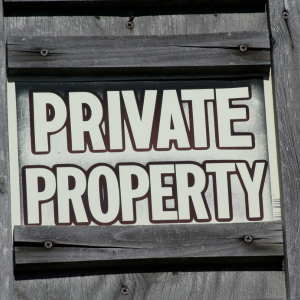
The complexities of tenant and squatter rights make eviction for squatters in Illinois difficult. Squatters and tenants are often confused, but eviction requires distinction. Squatters may have fewer legal protections than tenants because they occupy a place without a contract. Property owners in Illinois must first identify squatters before evicting them. After identifying the squatters, they should issue a written notice to quit or vacate. The squatters must be notified of the owner’s plan to reclaim the property.
If the squatters refuse to leave after receiving the initial notification, the property owner must file an eviction action in county court. Property owners should avoid illegal self-eviction measures such as changing locks or turning off utilities. To evict legitimately, the formal judicial process must be followed. After filing the eviction complaint, the court will schedule a hearing for both sides. The property owner must prove ownership and squatter use throughout the hearing.
If the court sides with the property owner, an eviction order allows law enforcement to help evict the squatters. Remember that only law enforcement can enforce the eviction order and remove squatters. The book’s completion of this process protects the owner’s and squatters’ rights and legal bounds. Understanding Illinois’ eviction process reduces disputes and speeds property recovery. Knowing the eviction process helps Illinois property owners avoid squatting and protect their investments. Knowing the process guarantees lawful and effective eviction.
Steps To Legally Remove A Squatter
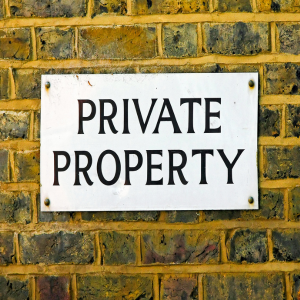
Understanding how to remove a squatter in Illinois lawfully is vital. Evictions must be handled properly to comply with local regulations. First, examine any leases or permissions to ensure the people on your land are squatters. After confirmation, begin eviction proceedings. First, deliver a legal eviction notice giving the squatters a set time to leave. If they refuse to leave, you must give this notice to start legal action. If the squatters don’t comply with the eviction notification, escalate. Your local court requires a formal unlawful detainer lawsuit. This legal procedure demands court approval for eviction and involves a hearing where both parties can argue.
This phase requires gathering property ownership verification, the eviction notice, and other evidence to support your claim. Suppose the court rules in your favor; a writ of possession will be issued. This legal paperwork lets you restore your property, and law enforcement removes the squatters. Before this time, don’t try to remove the squatters yourself because it could exacerbate the situation. Use court orders and authorized law enforcement for safe physical removal. Having law enforcement handle eviction might also prevent clashes and assure legal support.
Legal procedures might take time, so be patient. Understanding these methods to remove a squatter legally protects your property and guarantees compliance with Illinois laws, avoiding unlawful eviction penalties. Police can’t arrest squatters unless they commit a crime; their main job is maintaining calm throughout removal. Understanding the squatter eviction process is crucial to recovering ownership and avoiding legal complications.
Protecting Your Property From Squatting
To protect your investment from squatters, protect your property. Although sometimes seen as a nuisance, squatting can cause serious problems if not addressed immediately. Regular presence is the first step to property protection. Regular property inspections and alerts for suspicious activities can deter squatters. Vigilance protects your property and deters people from moving into vacant places.
Squatters can be deterred by adding strong locks and motion-activated lights. Simple but effective security infrastructure modifications signify that your property is well-monitored and cared for, deterring squatters. Homeowners should also use local police and law enforcement for surveillance. Police patrols provide the impression that your property isn’t a target while adding security.
Local options like storage might also help you organize your possessions. Keeping precious materials and equipment secure on-site or in guarded storage facilities can reduce the risk of squatters. Local squatting ordinances affect how police can act; thus, it’s important to know them.
Contacting the police is essential to understanding your rights and how to remove squatters. Police can assist you in following the law and avoiding escalation. While police can help, property owners must grasp Illinois property laws to preserve their rights. Following these laws assures compliance and preserves your property’s value and purity. You may prevent squatting on your land by taking precautions, knowing local regulations, and building relationships with law enforcement.
The Role Of The Police And Law Enforcement
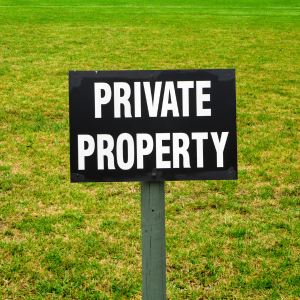
Illinois police and law enforcement must address squatter situations in complex ways. Police officers preserve property rights, order, and public safety as state-authorized representatives. They first investigate probable squatting instances for burglary or trespassing. Can police immediately arrest squatters? Before arresting someone, police need proof of criminal behavior.
This prevents unjust arrests and provides due process. Police often interfere when property owners find trespassers, although their role depends on the legal issue. Squatting concerns civil law. Therefore, authorities can only help if there is no criminal activity. Police may encourage property owners to sue to reclaim possession. Police must prevent disagreements from becoming more serious. Therefore, they regularly monitor, mediate, or stand by during evictions to ensure peace. Property owners must realize that police can help and communicate but can’t forcibly remove squatters without a court order. Law enforcement may appear unimportant, yet it’s crucial in generating an official report, which might be crucial in court. This report helps property owners prove their claims in court.
Squatters claiming tenant rights or adverse possession complicate matters for law enforcement. Police may have to distinguish between valid tenant claims and unauthorized squatters, requiring a comprehensive understanding of the law. Law enforcement must be sensitive to protect rights while following the law. Both property owners and law enforcement must understand the subtleties. This cooperation helps police resolve squatter cases more safely and fairly.
Common Squatters Rights Issues And Solutions

Adverse possession, or squatter’s rights, can cause several problems for property owners and squatters. Understanding these challenges and finding answers will assist Illinois in managing squatters’ rights complications. Squatters and trespassers are often difficult for property owners to differentiate. Law enforcement handles the situation differently since squatters have legal safeguards. Whether law enforcement can intervene depends on differentiating these two groups.
Property owners often struggle to remove squatters who establish a permanent residence. This protracted presence might complicate eviction and lead to legal conflicts over squatters’ rights. Legal help to comprehend Illinois adverse possession rules is typically needed to resolve this issue. Property owners can fully address the matter with legal advice. Legal specialists can help create a clear and successful plan to reclaim the property, protecting the owner’s rights. Understanding typical squatters’ rights and adverse possession laws can help prevent problems.
The function of law enforcement in squatter cases is equally important. If trespassing is obvious, police can interfere, although squatter’s rights generally limit their ability to act. Thus, property owners must work with law enforcement and the courts to resolve the legal issues. Securing unoccupied premises and responding quickly to squatters may be part of a preventative strategy.
Finally, Illinois property owners can learn from remedies from other states. Owners can protect their possessions by protecting properties and recognizing squatter signals. Rewriting property laws to explain squatters’ rights and increase law enforcement’s ability to deter illegal possession can provide long-term remedies. Thus, resolving squatter’s rights issues involves legal expertise, strategic planning, and law enforcement cooperation to protect property rights.
When Squatters Have Legal Rights To Property
Illinois squatters’ rights affect both squatters and property owners. Squatters stay in a residence without authorization, making it easy for a landlord to reclaim it. Illinois squatters can claim property rights using adverse possession. Adverse possession lets squatters claim property after a specified number of years. If done correctly, this method allows squatters to legalize their presence and lets property owners monitor their assets. Both landlords and squatters need to know these squatter and property rights to safeguard their properties and settle.
In Illinois, squatters must openly, continuously, and without permission inhabit a property for 20 years to legalize occupancy. For this time, squatters must pay property taxes, improve the residence, and control the property. If these conditions are met, the squatter may gain legal title by losing possession rights. Due to its complexity, this process often results in property owner-squatter lawsuits. To protect their rights, landlords must swiftly address unlawful occupations. The squatter may profit from learning these rights by safeguarding their house and investments. Note that adverse possession affects residential and commercial properties. As a result, landlords must keep their properties secure for the required years.
Managing evictions and ensuring that property owners and squatters know their rights requires knowledge of these rights. All parties must seek legal representation to comprehend adverse possession title transfers and how they affect their case. Thus, when squatters establish legal rights to a property, diligence and knowledge of Illinois property laws are crucial.
This information applies to Illinois and its cities, including Chicago, Peoria, Rockford, Springfield, etc. For more details, please call us at (708) 608-0420 or visit our website at A Team Real Estate Solutions.

